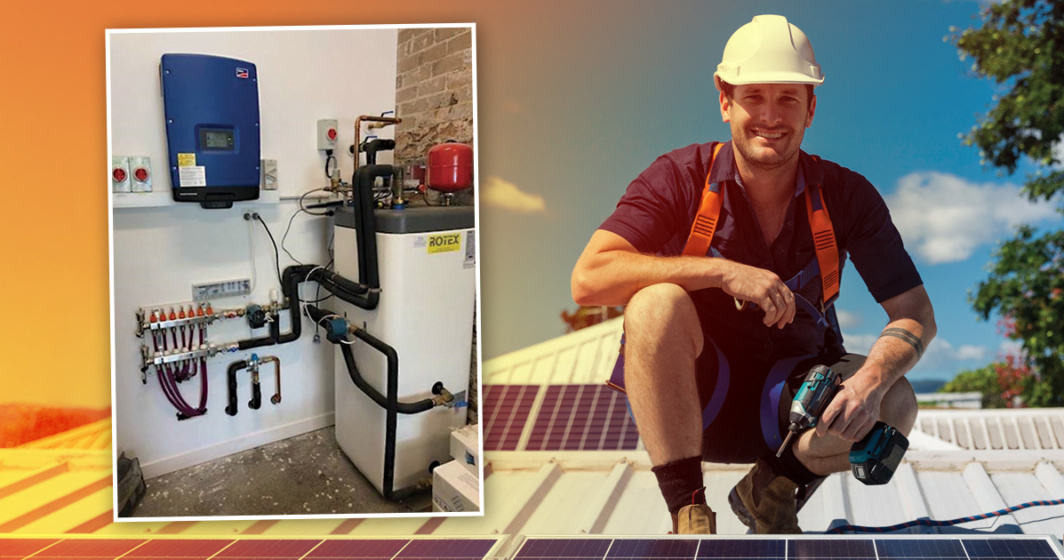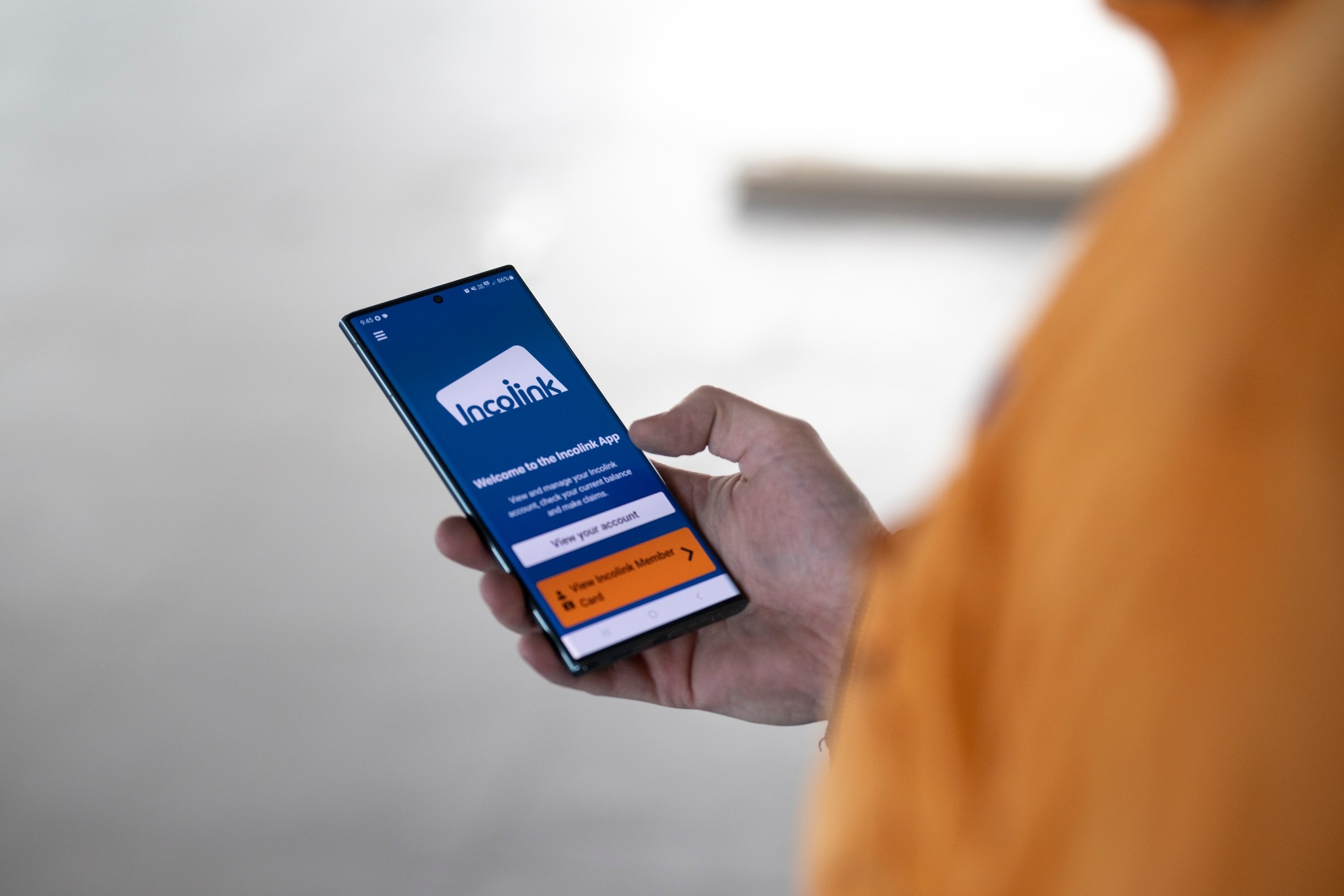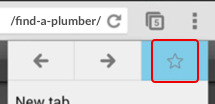Innovative technologies and rising consumer backlash against utility bills are motivating more Australians to consider solar PV as an energy yield option.
Australia is already a world leader in rooftop solar. Two million of the country’s 13 million homes are fitted with panels. The technology is about to be even more popular with the International Energy Agency recently declaring it cheaper than power generated by new coal and gas developments.
Plumbers can expect to install more solar systems into the future, traditionally they are hot-water systems. Photovoltaic panels are more cost effective than ever and challenging traditional gas and electric hot-water systems for price and efficiency, Master Plumbers Chief Technical Advisor Gary Bath says.

“I think the real push for PV and solar water heating was actually taking the edge off some of those energy bills and what was really attractive to most Australians was the ability to be nearly cost neutral in terms of putting energy back into the grid,” he says.
Solar panels have become more efficient in recent years in tandem with a rise in manufacturer output resulting in price decreases. It all adds up to somewhat of a no-brainer for households.
However, with these changes has come a decrease in the feed-in tariffs, or money paid for excess energy pushed back into the grid.
Tariffs vary from state to state. In Victoria, they range from 10.3 to 14 cents per kilowatt hour.
Falling tariffs have influenced many consumers to opt for energy storage sources, such as batteries, so they can utilise their own excess energy gain instead of feeding it back into the grid.
Bath says this trend will lead to a rise in off-grid homes.
“One of the biggest changes that consumers are faced with now is we’re heading into an area where we were so reliant on the energy grid, be it reticulated gas or reticulated electrical, so the next frontier is houses being completely self-sufficient,” Bath says.
“So, you add a battery capacity or a storage capacity where that wasted energy that would ordinarily get pushed back into the grid goes into storage instead.
“We’re not too far away from people being wholly independent from energy grids.”
Norm Anderson’s plumbing company NSG Plumbing has been installing solar panels across commercial and residential sites for decades. Anderson, who is also the Vice-President of Master Plumbers, says the move to renewable energy is gathering speed and plumbers need to keep pace.
“It’s brought about because of awareness of climate change,“ he says. “But COVID has also made people think a bit more and governments are looking at stimulating the economy and creating jobs, and many of them have to come from the renewable sector.
“We need to fast-track innovative technologies instead of making them so slow to get approved and then we’ve missed the boat.
“We need to start thinking about this new space because plumbers are going to have to change or we’re going to get left behind.
“We’re all changing so education and understanding these innovative technologies is key and it’s not only in plumbing, it’s probably in everything, even the way we do business today.”
Government subsidies have long off-set the costs of solar thermal panel installation, but Anderson warns the rebates are largely for aging technologies that no longer represent good value for money.
“They can’t give away the current rebates for thermal solar because it’s old technology and you’ve got to spend $10,000 to get $1000 back,” he said.
Solar Victoria currently provides a rebate of up to $1850 for solar panel system installation. Eligible households can also claim a discount on the cost of a solar hot water system and a solar battery.
The government organisation is also investing $9 million into a subsidised workplace training scheme called The Solar Homes Program. It estimates the program will oversee the installation of 700,000 solar PV systems, 60,000 solar hot water systems and 10,000 solar batteries.
Master Plumbers General Manager Training and Industry Development Brendan Gould says plumbing apprentices are trained to install solar thermal hot water systems, but the Solar Home Program would help them understand new technologies such as batteries and off-grid homes.
Consumer demands and expectations that Plumbers have the necessary skills and knowledge to meet their energy solutions is driving a new frontier of training and education. More than ever, the plumber is pivotal in providing solution-based advice and options to meet water heating needs using devices such as the AC.THOR power manager device. These technologies are running parallel with everyday consumer demand change towards a smarter energy platform for sustainability with services providing operating cost reduction as well as meeting a self-consumption trend on the back of recent environmental and global health events.
“If we look at a solar hot water system that has its own closed system where it produces its own energy to operate and uses power to heat water and energy to run the system as well – that’s one of the areas we would be looking at for a potential increase in training opportunity in relation to these new technologies,” he says.
Emerging technologies in the renewable energy sector are likely to keep both residential and commercial plumbers busy in the foreseeable future. Gould says the eco-innovations will keep the industry moving forward.
So, use what you can create prior to resending back to a grid system to provide true self-consumption using the latest technologies creating energy yields for water heating needs.
“Looking at the environment, plumbers play a really key role with what we do with water retention, waste water, reducing water usage and effectively how we use renewables to heat our water supply,” he says.
“As an industry we’ve been quite fortunate to be at the pointy end of sustainable innovations and we’ve got a great deal to offer in the space for sure.”
Share this Article






